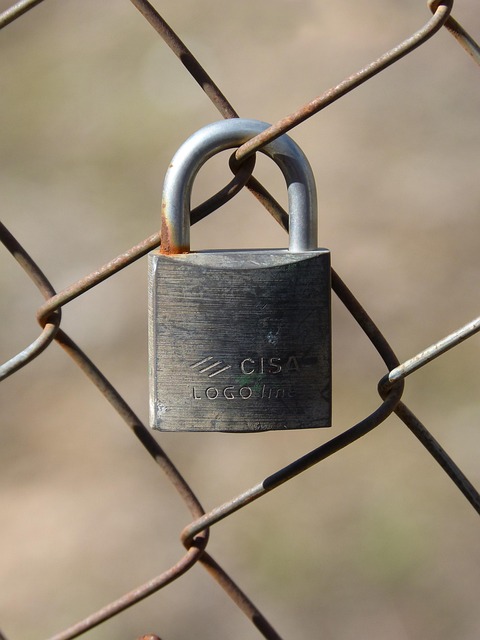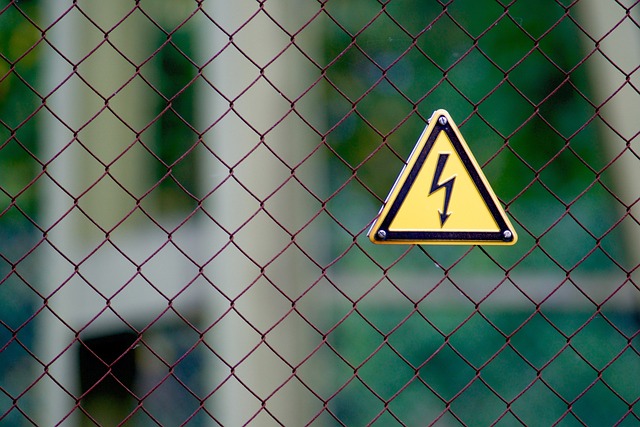In Louisiana, where kratom is currently illegal due to its classified active compound mitragynine, chronic inflammation contributes to health issues like heart disease and cancer. As an alternative, kratom's potential anti-inflammatory properties from alkaloids like mitragynine and 7-hydroxymitragynine warrant exploration, despite varying legal statuses across U.S. states. While research continues, individuals in Louisiana seeking natural inflammation relief must stay informed about local laws and consider approved alternatives or healthcare consultations.
“Unwind the complexities of inflammation and its profound impact on our bodies. This article delves into the rising interest in kratom as a potential natural remedy for reducing inflammation. We explore its anti-inflammatory properties, offering insights into how this herb may provide relief. Furthermore, we dissect the legal status of kratom in Louisiana, addressing the question: is kratom illegal here? Get equipped with the knowledge you need to navigate this herbal landscape.”
- Understanding Inflammation and Its Impact
- Exploring Kratom as a Potential Anti-Inflammatory Agent
- Is Kratom Legal in Louisiana? Unraveling the Legal Status
Understanding Inflammation and Its Impact
Inflammation is a natural process that plays a critical role in our body’s defense mechanism, helping to protect us from injuries and infections. However, chronic inflammation can have severe consequences, leading to various health issues such as heart disease, diabetes, and even certain types of cancer. It involves complex biological responses, where the body’s immune system triggers a series of reactions, resulting in swelling, redness, warmth, and pain at the site of injury or infection.
In the United States, including Louisiana, the legal status of kratom is a topic of interest for many. While it has gained popularity as a natural remedy for pain management and inflammation reduction, its legality varies across states. In Louisiana, kratom is currently considered illegal, making it important to understand the root causes of inflammation and explore alternative options for those seeking relief, especially in regions where access to such remedies might be restricted.
Exploring Kratom as a Potential Anti-Inflammatory Agent
Kratom, a natural herb derived from the plant Mitragyna speciosa, has been gaining attention for its potential therapeutic benefits, including inflammation reduction. While it is primarily known for its opioid-like effects, recent studies suggest that kratom’s active compounds may possess anti-inflammatory properties. The key alkaloids in kratom, such as mitragynine and 7-hydroxymitragynine, have shown promising results in preclinical models of inflammation. These compounds may interact with various molecular targets involved in the inflammatory process, thereby reducing pro-inflammatory cytokines and mediators.
In the context of the United States, it’s essential to consider the legal status of kratom. As of now, there are varying regulations across states, including Louisiana. While some forms of kratom are illegal in certain areas due to concerns related to its potential for misuse, research into its medicinal benefits continues. Exploring kratom as a natural anti-inflammatory agent offers an alternative approach to managing chronic inflammation without relying solely on synthetic medications. However, further clinical trials are needed to fully understand its efficacy and safety, especially with regard to its legal status and potential side effects.
Is Kratom Legal in Louisiana? Unraveling the Legal Status
Kratom, a natural herb with potential therapeutic benefits, has sparked interest for its pain-relieving and anti-inflammatory properties. However, navigating its legality across states in the US can be a complex matter. In Louisiana, the legal status of kratom has been a topic of discussion among residents and healthcare professionals alike. As of recent updates, Louisiana considers mitragynine, the primary active compound in kratom, a controlled substance. This classification effectively makes all forms of kratom illegal within the state, including its use, possession, and distribution.
Despite this, it’s crucial for individuals considering kratom as an alternative treatment option to stay informed about local laws. The legal landscape surrounding kratom can change, and what is currently illegal may undergo regulatory shifts. For now, Louisiana residents seeking relief from inflammation or pain through kratom must do so in compliance with the law, exploring other legal avenues or consulting healthcare providers for approved alternatives.
Kratom has shown promise as a natural anti-inflammatory agent, offering potential relief for chronic inflammation. However, it’s crucial to note that while some states have legalized its use, others, like Louisiana, have varying legal statuses. Before considering kratom for inflammation reduction, individuals should carefully examine the local laws regarding its use, ensuring they are fully informed about its legality in their area, particularly as regulations can change.














